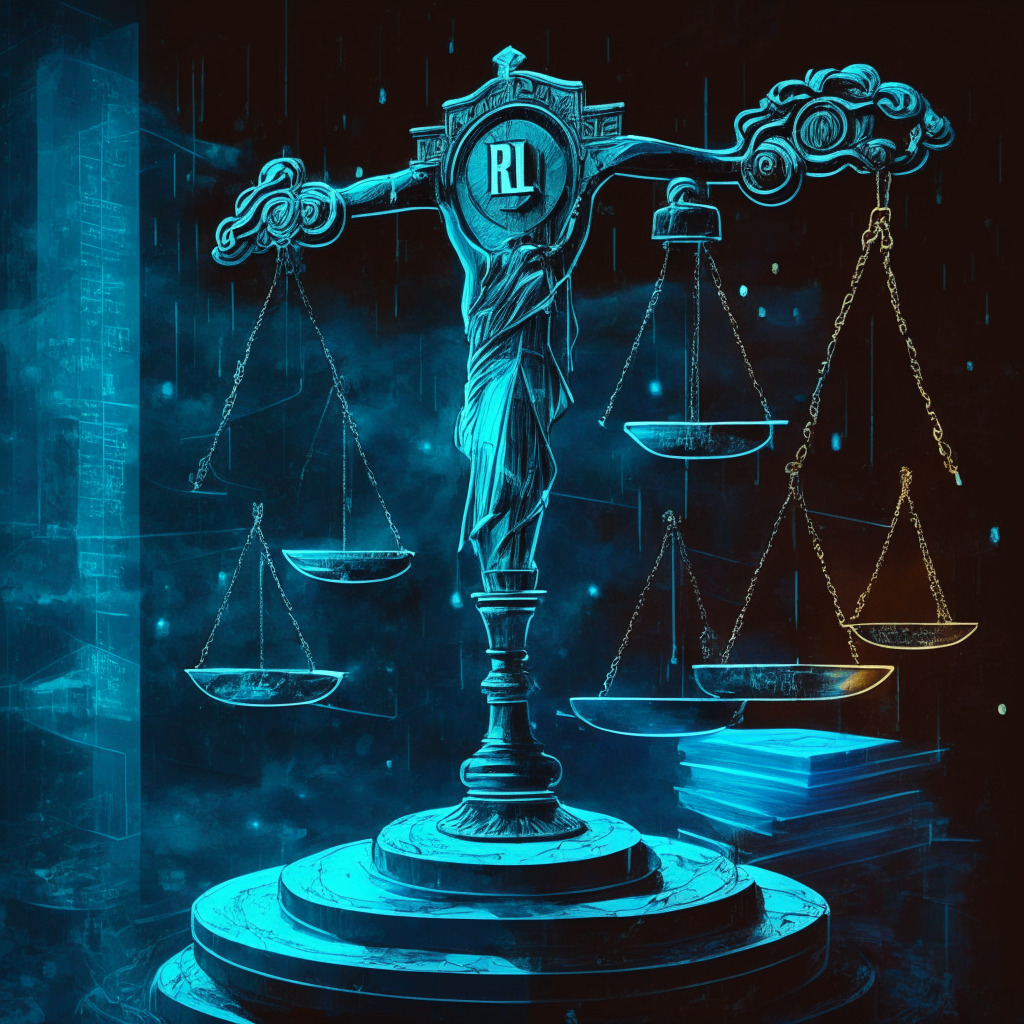The narrative surrounding the advent of blockchain technology and decentralized finance often highlights the lavish opportunities they present, and while this remains a captivating aspect, regulations and legal frameworks play a crucial part. This fact is underscored by the recent conviction of Nate Chastain, previous head of product at the world-renowned NFT platform OpenSea.
Chastain was sentenced to three months imprisonment for deriving tens of thousands of dollars from insider trading of assets featured on OpenSea’s homepage. His charges included fraud and money laundering, for which he could have faced a maximum sentence of 20 years each, as noted by the legal team responsible for this precedent-setting case on NFT insider trading.
Chastain’s avaricious endeavor involved selecting NFTs for prominent display on OpenSea’s homepage, trading them before the public reveal, and pocketing over $50,000 in the process. To conceal his nefarious activities, he utilized anonymous wallets and OpenSea accounts. Interestingly enough, his lawyers argued that NFTs, being unique digital tokens signifying asset ownership, do not qualify as securities, hence the case’s invalidity.
Yet, this argument swiflty met opposition, with a federal court judge permitting the case to move to trial. This precedent suggests the complexity of digital asset regulation and paints a riveting picture of an emerging legal landscape.
In the aftermath, Chastain was legally compelled to return his illicit revenue. Furthermore, as a result of an investigation by OpenSea, he was asked to resign from the company. His actions had also led to the confiscation of his equity in the same company, an entity valued in millions at that time, indicating a hefty personal repercussion.
However, it emerges as a tad perplexing that Chastain received a lighter sentence when compared to similar cases, particularly the Coinbase insider trading case. In that case, ex-product manager Ishan Wahi was sentenced to a two-year prison term for exploiting insider information on token listings. One might wonder if this leniency was driven by the size of gained profits, or if it stems from intricacies within digital asset regulation.
While digital currencies continue to evolve and flux in this fast-paced market, this story serves as a potent reminder of the importance of regulatory frameworks. It underlines that irrespective of the marketplace, corporate insiders aren’t immune to galvanizing legal actions. This episode sets the tone for future regulatory measures in crypto markets and aids in shaping the nascent legal trajectory of blockchain technology.
Source: Cryptonews




